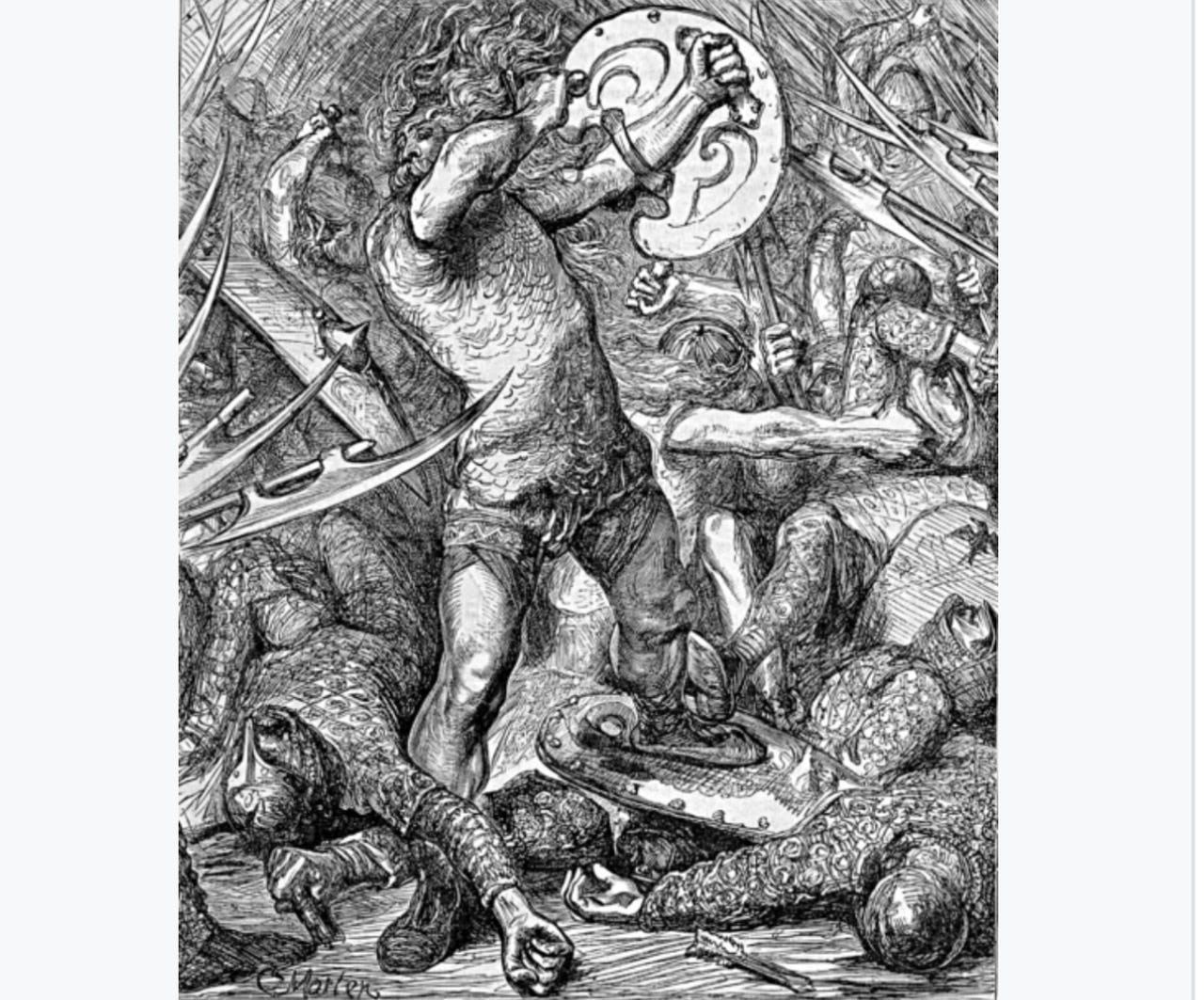How I Learned I'm British Royalty . . . Probably
There's no telling what the road might teach you
As shown by the title of my Substack, I like to write about vintage travels, and few places in the world are more “vintage” than the ruins of Stonehenge in England. They were a bit less ancient when I wandered in and around the giant pillars back in June 1977, but even then they were several thousand years old. The site was (and is) a short walk from the A303 road that connects London and Cornwall, making it easy to reach by car and thus by thumb. In 1977, you could explore the mysterious monoliths on your own time, touching them with your hands and your elbows or sitting inside the mystical circle of stones and mentally drifting far, far back in time.
I had hitchhiked down from London. I knew I was in a magical place, but I didn’t know at the time how lucky I was to enjoy Stonehenge at such close range. Barely a year later, England started roping off the ruins and restricting tourist viewing to a sterile distance away. After touring Stonehenge at length and daydreaming to my heart’s content of being a Druid thousands of years ago, I walked back out to the A303 in the late afternoon, still in sight of the ruins, and resumed hitching southwest towards Exeter.
It did not start well. The longer I waited for a ride on that June afternoon, the more I realized how poorly I’d packed for England. Mark Twain famously said, “The coldest winter I ever spent was a summer in San Francisco,” suggesting (wrongly) that he never spent a summer in damp and windy England. Coming from Arizona, long before there were weather apps to give the forecast for anywhere in the world, I assumed that Summer must be hot everywhere. I hadn’t packed the right clothes to ward off Britain’s blustery cold. I was still standing by the A303 an hour and a half later, chilled to the bone, when a boxy little sedan finally pulled over.
A couple in their sixties sat in the front, the silver-haired husband driving and wearing a felt hat. “You look a bit frosty,” he said chipperly as I dove headlong into the back seat. He introduced himself not merely as Ralph, but more fully as “Ralph Taylor.” I thought the slight formality must be an English thing, so I responded in kind by giving him my full name. At that, he nearly jumped out of his seat.
“Wake, did you say! Danny Wake? Why, you must be descended from King Hereward the Wake! Do you know of him?” He bubbled with excitement telling me about Hereward the Wake. “King of Essex!” Ralph called him. He told me how Hereward led rebels against William the Conqueror after the Norman conquest of 1066. “Made them pay, yes he did!” Ralph assured me. “Hereward the Wake was a great man!”
When I told him that my oldest brother is named Ward, Ralph exploded with delight. I conceded, upon Ralph’s urging, that perhaps my brother was even named after King Hereward, although there was absolutely no chance that my parents had ever heard of Hereward the Wake from the year 1066, much less named their firstborn after him.
Ralph and “the Mrs.” took me to their home village of Ilminster, where they insisted I stay the night, as the weather continued to be most dreary. After a dinner of greasy but tasty fish and chips from their favorite takeaway, Ralph pulled out some umbrellas and walked me down to his local pub, a converted old home tucked away in dense trees at the edge of the village. We had a few pints while Ralph introduced me to his pub mates as a descendant of the great Hereward the Wake. They all played along.
For many years I treated Ralph Taylor and his story of Hereward as little more than an amusing anecdote from an eccentric old Brit. It would have been hard to verify everything Ralph said about Hereward the Wake of 11th century England, and I didn’t even try. But when the internet came along, I learned that Ralph was on to something. It turns out Hereward indeed was a heroic if ultimately unsuccessful leader of the rebellion against William the Conqueror. The epithet “the Wake” probably meant something like ‘the watchful’ or ‘the guardian’ and led to the Wake surname in England. According to Wikipedia, the name may “derive from the Anglo-Norman Wake family who later claimed descent from him.”
So, the more I thought about it, the more I realized I probably am descended from royalty. Indeed, it’s almost certain. There must be kingship in my blood, diluted only by the passing of barely a thousand years. A mere millennium. I’ve come to think that people should know this about me and should give me the respect my lineage deserves. I’m not necessarily saying people should bend the knee whenever I enter the room . . . but a little more respect would be nice.
Wikipedia also reported the delightful fact that the BBC made a television series in 1965 called, naturally, “Hereward the Wake.” A television series about my ancestor! How fantastic! Regrettably, it ran for only one season. Even worse, “due to the BBC’s policy of erasing videotape for reuse in the 1960s and 1970s, the entire series is lost; no episodes survive in the BBC archive.” Still, I owe all this knowledge to Ralph Taylor, a true English gentleman who gave me a lift a few meters away from the ancient ruins of Stonehenge on a frigid, or should I say frosty, afternoon in June.




Shall I bow when I see you at Book Passage in August?
You should have shared this information with your firstborn.